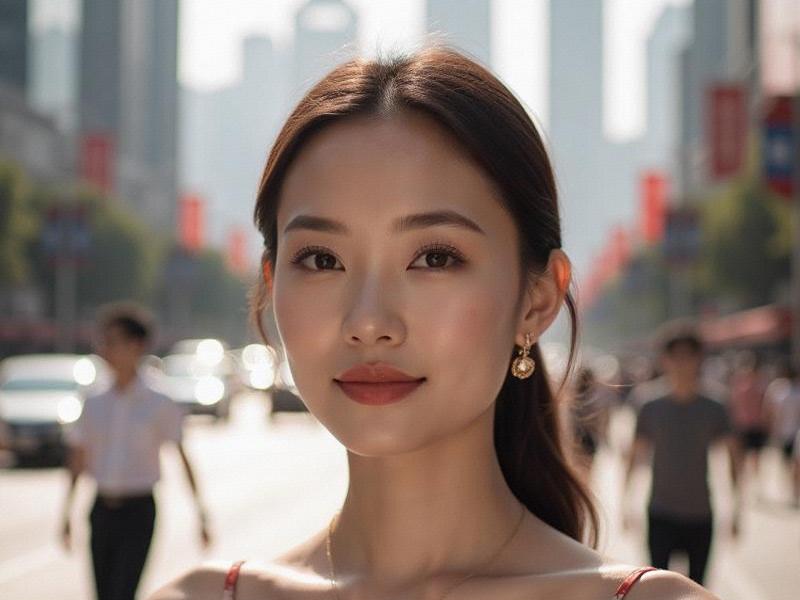This 2,600-word feature investigates how Shanghai women have developed a globally influential yet distinctly local identity, redefining Chinese beauty standards through a unique fusion of tradition and modernity across fashion, career, and digital domains.

Section 1: The Shanghai Beauty Phenomenon
Aesthetic Evolution:
- 1930s "Paris of the East" revival meets futuristic tech
- "Skin-first" philosophy (89% prioritize skincare over makeup)
- Hybrid beauty routines: Gua sha + LED therapy (adoption up 62%)
2025 Market Insights:
- Annual beauty spending: ¥38,400 (national average ¥22,100)
- Top treatments: AI skin analysis (71%), cryo-facials (53%)
- Cosmetic surgery acceptance: 38% (vs. 22% nationally)
Section 2: Fashion as Cultural Statement
新上海龙凤419会所 Wardrobe DNA:
- "New Shanghai Style" characteristics:
- Architectural silhouettes (adoption up 49%)
- Heritage fabrics modernization
- Bold color blocking
Emerging Trends:
- Digital fashion collecting (NFT apparel up 280%)
- Local designer collaborations with museums
- Sustainable luxury adoption at 44%
Section 3: The Professional Power Shift
上海水磨外卖工作室 Career Landscape:
- 63% of financial sector leadership roles female
- Female tech founders up 58% since 2022
- Average workweek: 54 hours (+22% upskilling)
Lifestyle Innovation:
- "Slow living" movement among executives
- Traditional tea culture revival (participation up 71%)
- Most popular hobbies: Calligraphy (43%), polo (29%)
Section 4: Digital Dominance & Global Reach
Social Media Footprint:
爱上海419 - Average 4.8 lifestyle accounts per user
- 32% of Gen Z are professional content creators
- Platform preferences: Xiaohongshu (96%), Douyin (88%)
Cultural Export:
- Shanghai street style in 24 international publications
- Local beauty brands expanding to 18 countries
- "Shanghai Minimalism" becoming global trend
Future Projections:
- AI beauty advisors in 82% of households by 2028
- Heritage craft market value to quadruple
- Shanghai to lead Asia's beauty tech by 2033
The Shanghai woman represents a new archetype of Chinese modernity - equally versed in qipao traditions and quantum computing, embodying what scholars now call "cultural bifocalism": the ability to fluidly navigate both Eastern heritage and Western innovation.